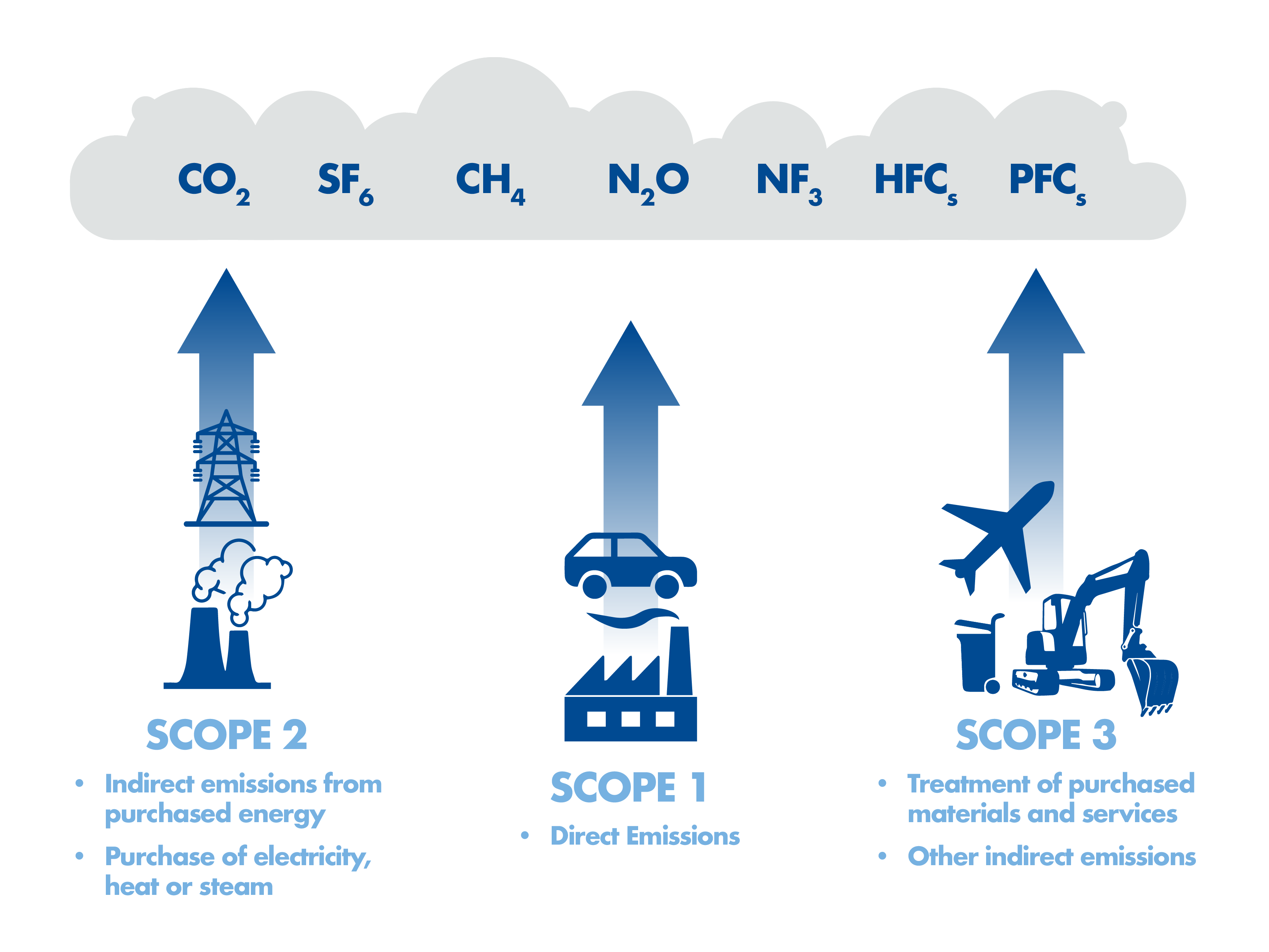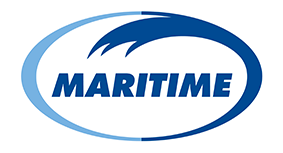Sustainability at the heart of business
As an intermodal transport and logistics service provider, and part of MEDLOG SA GROUP, sustainability is a strategic imperative for Maritime and, above all, a business priority.Today, the Company employs more than 3,000 dedicated people in 41 depots including 9 rail freight terminals, running a network of 1,600
trucks and 34 rail services daily. We provide both container and distribution logistics for the major shipping lines
and retailers from/to ports and distribution centres.
We recognise the pivotal role we play in global logistics, and our strong core values and long-term view drive our commitment to playing our part in creating a sustainable future.
We have a clear purpose and take pride in acting responsibly, collaborating with our stakeholders in search of solutions to address the global challenges of today and the emerging trends that will impact our business in the years and decades to come.
For over two decades of growth, we have always followed the principal of investing in the latest technology to ensure our trucks are as efficient and clean as possible to minimise their impact on the environment – today, 100% of our truck fleet is Euro-6 compliant. We have also strived to provide our employees with the best equipment and facilities to carry out their tasks.
Continuing this journey, our future strategy includes two key pillars:
- Modal shift moving more cargo by rail to remove road congestion and reduce emissions – products moved by rail reduce emissions by up to 48%. We have increased our container movements carried by rail from 6% in 2019 to over 20% in 2024. Our strategy is to also accelerate the movement of domestic product across the country through the rail network in addition to traditional container cargo. To achieve this goal, we are working with the government and rail operators on additional rail paths and equipment to significantly increase rail freight movements.
- Alternative fuels to remove the use of fossil fuels removing CO2 emissions – in this area, we are a leading participant in three of the four major initiatives within the Zero Emission HGV and Infrastructure Demonstrator (ZEHID) project. This ambitious program, funded by DfT and delivered in partnership with Innovate UK, trials battery electric vehicles (BEVs) and hydrogen fuel cell trucks across UK roads over a five-year span. Preparations are underway across the Maritime network for the installation of charging stations, complementing our ongoing receipt of new BEVs this year. Elsewhere, we are utilising Hydrotreated Vegetable Oil (HVO) on both road and rail which is reported to save up to 90% of CO2 in its manufacturing process.
- protecting the environment
- looking after our people and the communities where we work
- ensuring Maritime continues to be run with strong governance as we grow our business in the future
Key Environmental Facts - 2024
From 2022, we are calculating Scope 1, Scope 2, and Scope 3 emissions. There is always a considerable time lag for Scope 3 emissions.
The different scopes are shown below:

Science Based Targets initiative (SBTi)
In 2022, we joined the SBTi, a global organisation helping companies and financial institutions set science-backed emissions reduction targets. Its standards align corporate action with efforts to limit warming and reach net-zero by 2050. Established as a UK charity, SBTi collaborates with partners like CDP, the UN Global Compact, the We Mean Business Coalition, WRI, and WWF.
Our near-term target
Near-term targets outline how organisations will reduce their emissions, usually over the next 5-10 years. These targets galvanise the action required for significant emissions reductions to be achieved by 2030. Near-term targets are also a requirement for companies wishing to set net-zero targets.
Maritime Transport has committed to reduce absolute scope 1 and 2 GHG emissions 58.8% by 2034 from a 2022 base year.
2022
Scope 2 - 705
2023
Scope 2 - 742
2024
Scope 2 - 209
Intensity Ratios
These are used to enable comparison between years where a business changes each year with an increase/decrease in volume. Maritime uses the intensity ratio of tonnes of carbon emitted per one hundred thousand total company miles (road plus rail equivalent).
Per 100,000 Miles Metric
Rail Journeys
2023 rail journeys (2,870) produced 23,156t CO2eq. If these containers had been moved by road = 44,472t CO2eq (saving 48%).
2024 rail journeys (2,801) produced 22,342t CO2eq. If these containers had been moved by road = 44,125t CO2eq (saving 49.4%).


